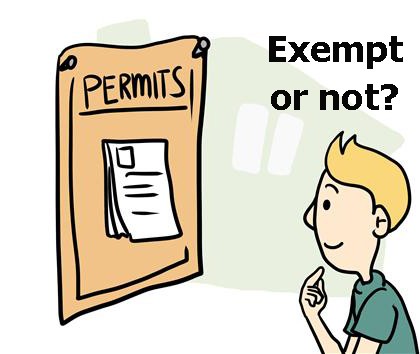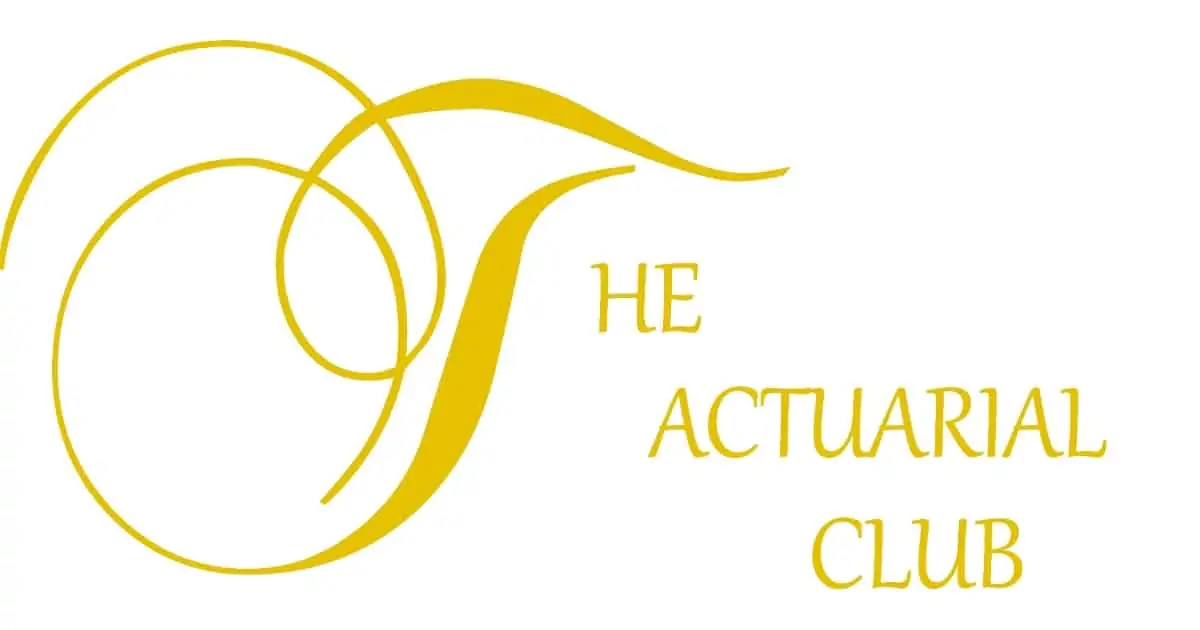Introduction to Validation by Educational Experience (VEE)
VEE is a process by which candidates can earn credits based upon the validation of education background in particular areas such as Economics, Corporate Finance or Accounting & Finance and Applied Statistics or Mathematical Statistic. In order to earn credits, candidates have to give exam for the selected topic from institutes listed on the SOA’s website. Based upon the grades that the candidates achieve, SOA approves the education qualification attained from the institute and adds credit to the candidate’s record. Institute and Faculty of Actuaries (IFoA) gives exemptions from certain actuarial papers on the basis of these credits.
Eligibility Criterion
To apply for the process, candidates must at least pass two SOA or CAS actuarial exams. The candidate needs to fulfill this requirement along with the application for course evaluation. The VEE Administration Committee approves it by determining whether or not the specific courses or educational experiences are appropriate to fulfill the VEE requirements.

Course structure
There are mainly three required VEE topics, namely:
- Economics
- Accounting and Finance
- Mathematical Statistics
Some candidates may be eligible to obtain VEE transition credit for the previously required VEE topics of Corporate Finance and Applied Statistics, which have been replaced by Accounting and Finance and Mathematical Statistic respectively. This exam is like a third-party exam from which candidates study modules from other institutes, listed on SOA website.
For instance, if we consider VEE in Accounting and Finance, it includes 4 modules. After every module, the candidate has to clear an assignment related to that module which consists of 10 multiple-choice questions. Each module assignment has 10% weightage in the overall exam assessment. The candidate can access each assignment for 180 days and only one attempt is allowed to clear each assignment. To complete this course, the candidate has to clear the final assessment, which has 20 multiple choice questions and has an overall weight of 60%. SOA approves education qualification attained for a course based upon the grade that the candidate achieved in the exam. For more information related to it, one can refer to the VEE Guidelines on SOA website.
Fee Structure
The course fee charged by the listed institutes can be accessed by logging in to the SOA website. For instance, the course fee for Accounting & Finance is $579 (INR 44,000 Approx.) and SOA charges for per subject credit validation is $75 (INR 5,700 Approx.).
Exemptions from IFoA
Candidates can get exemptions for certain papers from IFoA by fulfilling the VEE requirement and earning credits. The papers which can be exempted are:
- Core Business Finance (CB1) by clearing VEE Accounting and Finance
- Business Economics (CB2) by clearing VEE Economics
- Core Statistics (CS1) by clearing VEE Mathematical statistics and Exam P.
Validation through the this process is appropriate for topics that are either best learned in a classroom environment (applied statistics) or are considered important, but not core to actuarial work (economics and corporate finance). For instance, CB1 is a vast theoretical based subject whereas VEE Accounting & Finance is a practical implications-based exam. The content of VEE Accounting & Finance modules are designed in a practical manner which is short & crisp. Candidate can complete Accounting & Finance course in around a month.
Exemptions might not be the best approach, as the exam fees charged by IFOA is very high. So, it all depends on your goals and what are your plans for the future. Visit VEE Home Page has more information on the process and the applications.
This article has been written by Raman Ahuja, who is currently working as a prophet modeller in the global actuarial modelling (GAM) development team in MetLife, for the EMEA countries. Before joining Metlife, he worked for Mercer Consulting in retirement valuation.

